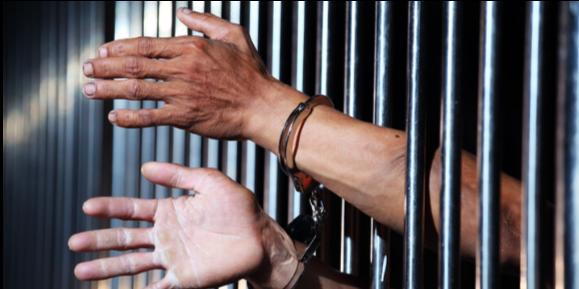
- posted: Oct. 15, 2024
- Criminal Defense
Probation is intended to benefit individuals who have been convicted of crimes, as well as states seeking to utilize their limited resources more efficiently. When someone completes their sentence outside of prison, they can continue to earn a living while maintaining their family and community bonds. It’s important to remember that although someone on probation might be able to live at home, they are still under the supervision of the state, and one problem can put them back behind bars. Most people understand that an arrest on a criminal charge will lead to probation being revoked, but thousands of Pennsylvanians on probation have been brought back to prison for minor technical violations of their release terms, such as missed appointments with their probation officer.
Now, the state’s sweeping probation reform legislation, referred to as Act 44, has gone into effect, limiting the use of incarceration for technical violations. One prominent supporter of this measure was the rapper Meek Mill, who spoke about how he spent extensive time behind bars following noncriminal violations of his probation terms. His prison admission in 2017 led to the founding of Reform Alliance, which is dedicated to eliminating overly harsh probation rules around the country. Erin Haney of Reform Alliance said that more than half of Pennsylvania prison admissions were based on supervision issues rather than alleged criminal acts.
Before Act 44, even a small infraction could result in significant extensions of a person’s probation period, often causing long-term consequences such as job loss or disrupted family life. The new law imposes stricter limits on how long probation can be extended due to these violations, shifting the focus toward rehabilitation rather than punishment.
Another critical aspect of Act 44 is the reduction of probation sentences for individuals who comply with their terms. Under the new rules, judges have the discretion to shorten probation for those who consistently meet their probation conditions, recognizing good behavior and incentivizing positive changes. This helps individuals reintegrate into society more effectively, reducing recidivism rates and lowering the strain on the state’s correctional system. The law encourages the use of non-custodial sanctions like community service, counseling or rehabilitation programs. This approach not only saves taxpayers money but also reduces the societal costs of keeping non-violent offenders in prison for extended periods.
By promoting rehabilitation over punishment, the reform is a critical step toward creating a more equitable justice system. Whether you’ve been accused of a probation violation or need an accomplished Pennsylvania criminal defense lawyer to counter charges brought against you, Matthew R. Zatko, Attorney at Law can help. From my office in Somerset, I provide strong legal representation to clients from Somerset, Indiana, Bedford and Cambria counties. Please call 814-443-1631 or contact me online for an appointment.



